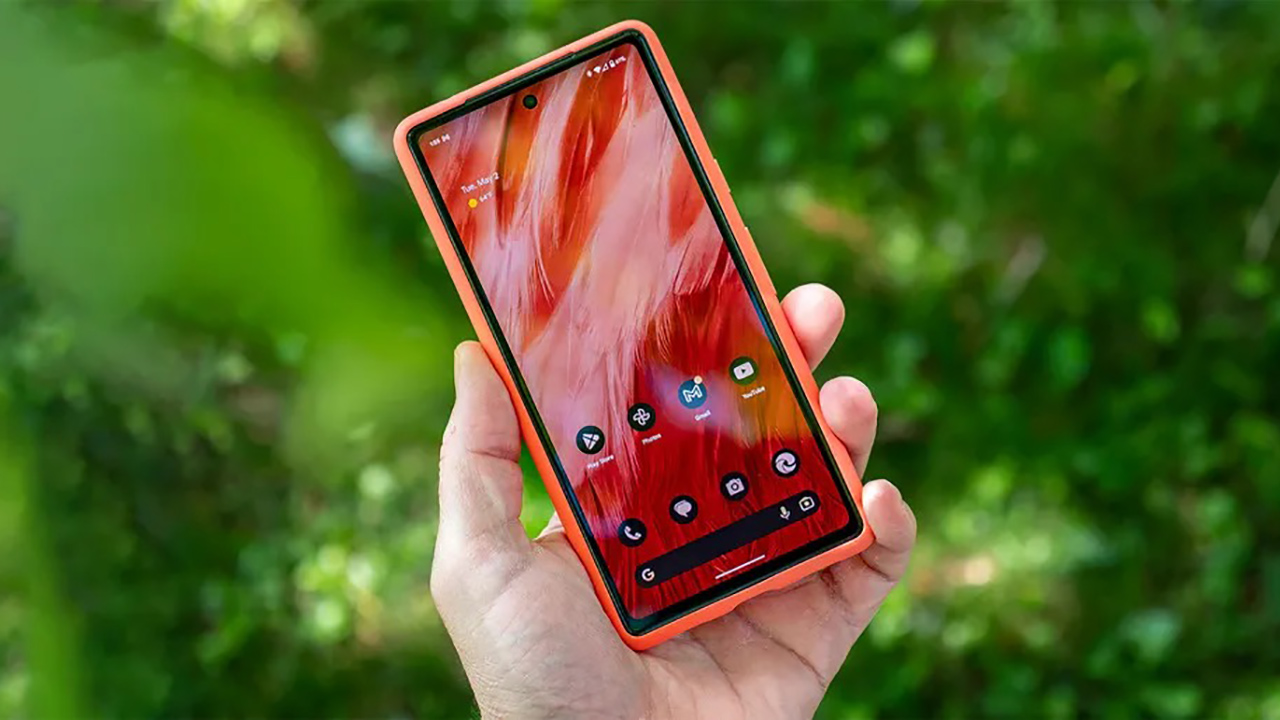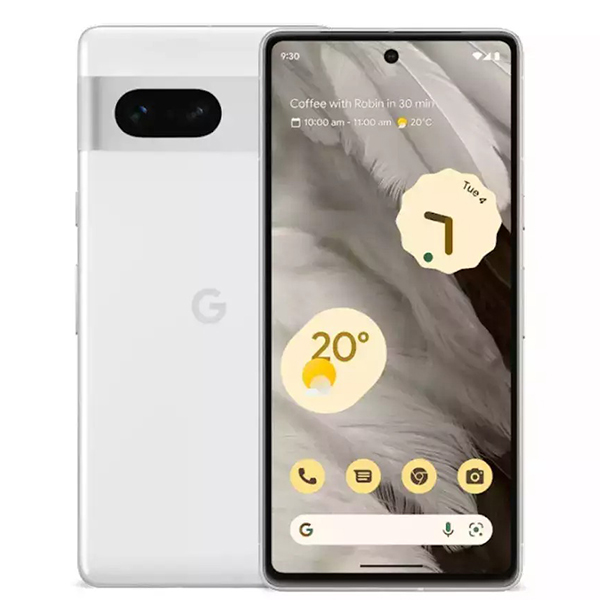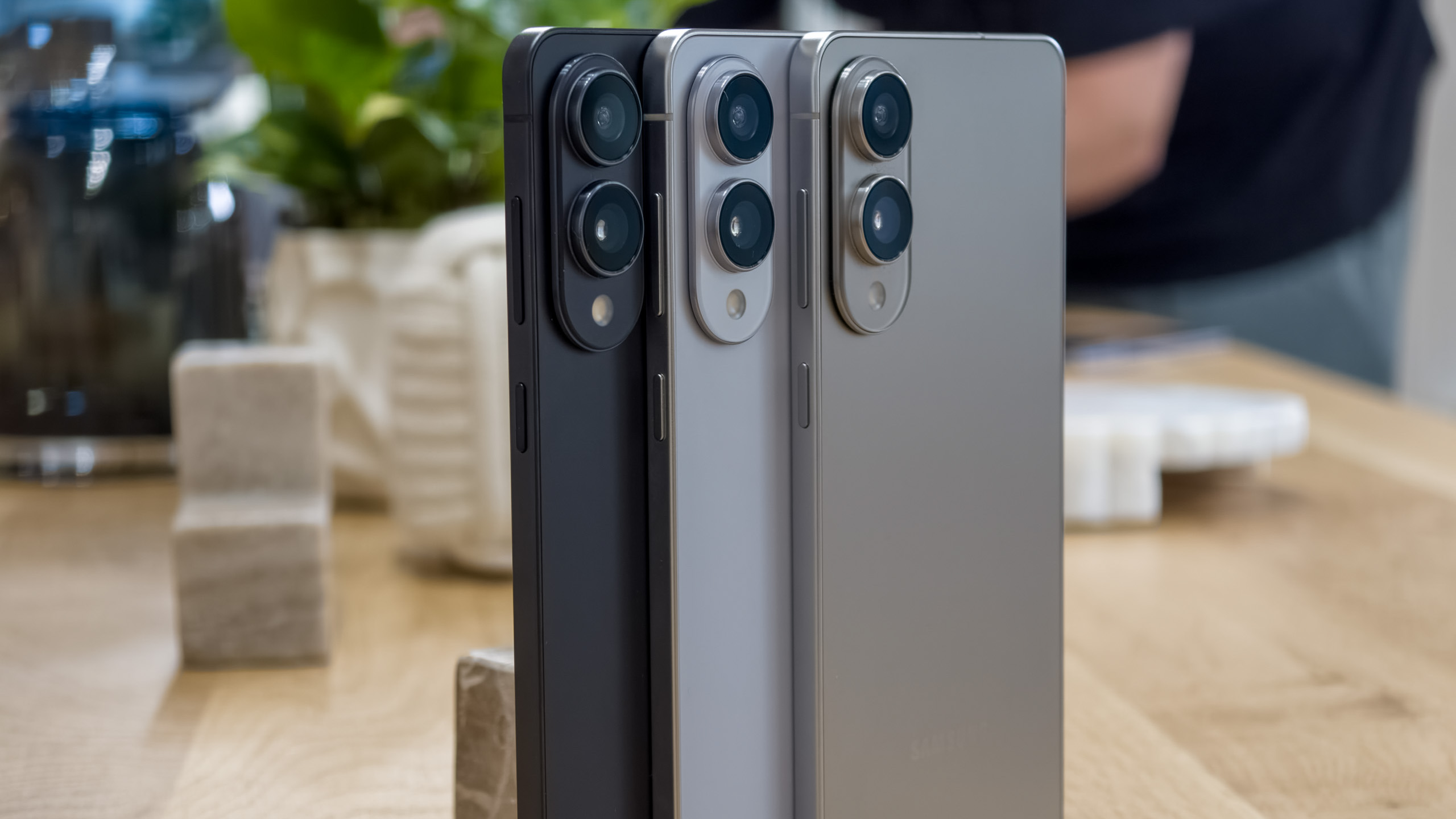Google Pixels and foldables shine in MKBHD's blind smartphone camera test
In the annual camera test, the winner will surprise you.

What you need to know
- Marques Brownlee released the results for his annual blind smartphone camera test, which asks millions of users for their input.
- Across multiple categories, it was Pixels and foldables that stood out in a field of 20 smartphones.
- The smartphone cameras were tested in daylight, low-light, and portrait mode.
Marques Brownlee, creator of the MKBHD channel on YouTube, has released the results of the 2023 blind smartphone camera test. This time around, 20 smartphones went head-to-head, and millions of users voted on which photos turned out best. It's a blind test, so any concerns of bias are thrown out the window.
The smartphones were tested in three categories: daylight shots, low-light shots, and portrait mode shots. In each category, users choose between two photos to find out which one is best. There's an entire website dedicated to voting, and choosing the best photos in each category takes between five and 15 minutes.
Then, the Elo rating system is used to sort the 20 phones in terms of best and worst picture quality. This works by seeing which phones beat others and which phones lost to others. Through this process, an Elo score is generated that will name the overall winners and losers. There are also a few winner categories, like best value and user's choice.
Brownlee says that, as hard as it may be, the photos are taken in the exact same position by each of the 20 phones. They are also taken using the default settings in the camera app.
You should watch Brownlee's full video for the in-depth breakdown, and when you do, you'll notice that Pixel phones and folding phones stole the show.
The best daylight shot was taken by the Pixel 7a, which might come as a surprise, considering the smartphone is the cheapest device in Google's current smartphone lineup. Google is clearly up to something here because the Google Pixel Fold was the runner-up in this category. In third place was the OnePlus Open, another folding phone.
Low-light shots are some of the trickiest for smartphones, and it was the iPhone 15 Pro that stood out in that test. Next up was the Pixel 8 Pro, and then the Pixel 7a came in third place. This makes sense because Google has long been a leader in low-light photography, and Apple has been improving steadily as well.
Get the latest news from Android Central, your trusted companion in the world of Android
The final category was portrait mode, which comes with a lot of variables. To compensate for the different default focal lengths, Brownlee's team stepped forward and back when taking the shots. Once again, a Pixel took the crown, and it was the Pixel 8 Pro again. The runner-ups were the Samsung Galaxy Z Fold 5 and iPhone 15 Pro, respectively.
Combining the Elo ratings of all the smartphones across all three tests, it was the Pixel 7a that took the top spot for best smartphone camera overall. Second place went to the Pixel 8 Pro, and third place went to the Pixel Fold, so Google completed a sweep with Pixel phones.
It's also worth mentioning the votes-per-dollar winner, which was — you guessed it — the Pixel 7a again.
We aren't surprised that Pixel phones impressed, as they've been the gold standard for smartphone cameras for quite a while. But it is interesting that folding phones from Samsung, Google, and OnePlus all appeared in a top spot at least once. For all the narratives we've seen about how underpowered the camera systems in folding phones are compared to flagships, it didn't hold them back in this test.

Affordable camera king
The Pixel 8 Pro may be the king of smartphone cameras on the high-end, but the Pixel 7a takes the crown in the midrange, and perhaps overall. And it's more than a camera, thanks to the impressive AI capabilities and other flagship-level specs you can get for less.

Brady is a tech journalist for Android Central, with a focus on news, phones, tablets, audio, wearables, and software. He has spent the last three years reporting and commenting on all things related to consumer technology for various publications. Brady graduated from St. John's University with a bachelor's degree in journalism. His work has been published in XDA, Android Police, Tech Advisor, iMore, Screen Rant, and Android Headlines. When he isn't experimenting with the latest tech, you can find Brady running or watching Big East basketball.

